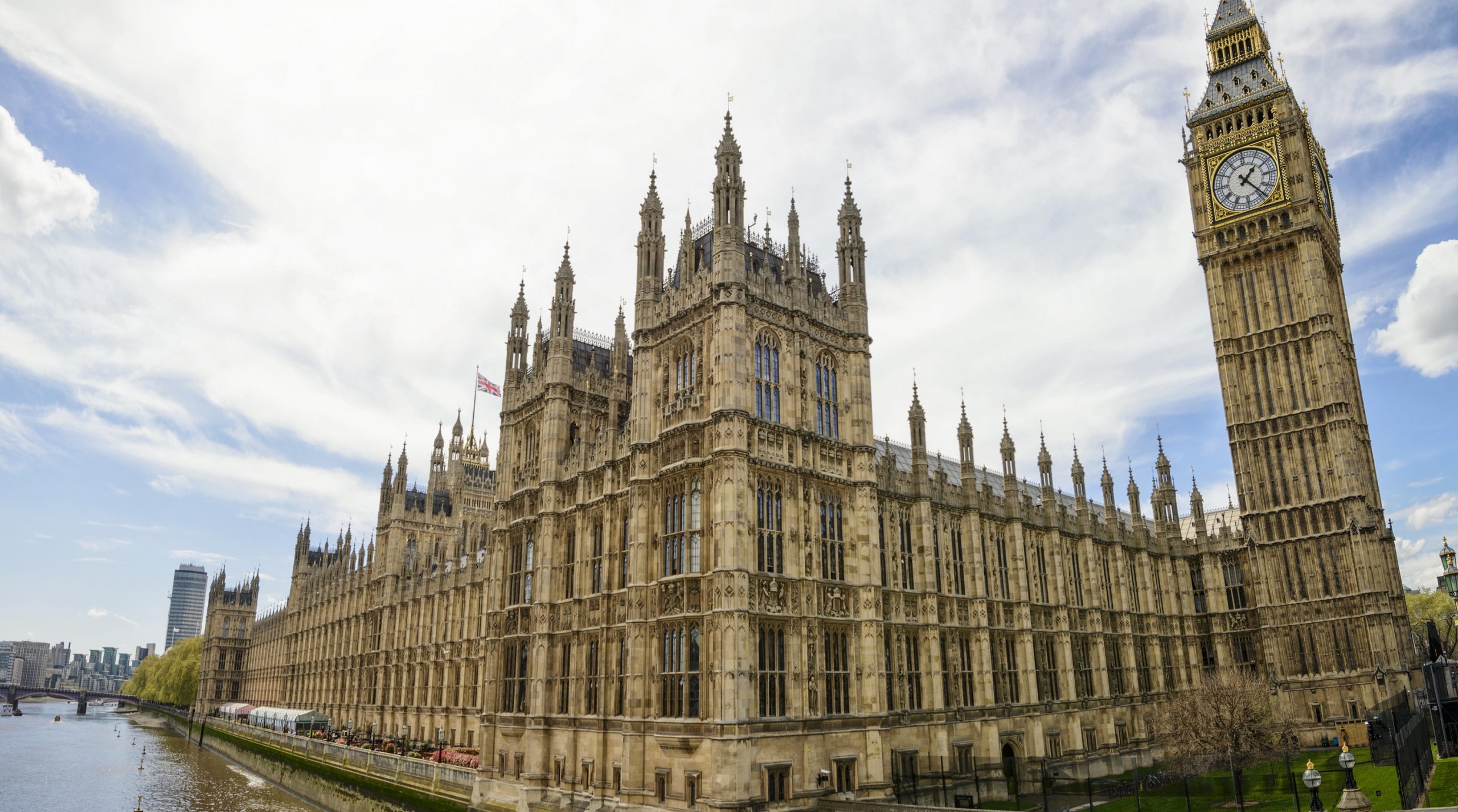Spring Budget Statement 2024

Wednesday’s Spring Budget included the widely anticipated reduction in National Insurance (NI) as well as a new British ISA allowance which had been rumoured. Exactly how the new ISA allowance will work in practice is yet to be determined but we do know it will only permit investments into UK assets.
We have summarised the main points of the Spring Budget below, along with a reminder of various previously announced changes that will take effect from April 2024.
Should you have any questions, do not hesitate to contact us.
Pensions
Abolition of Lifetime Allowance (LTA) from 6 April 2024
This time last year, the Chancellor announced the LTA would be abolished from 6 April 2024. The LTA is a limit on the amount of pension benefits that can be drawn from your pension without triggering an extra tax charge. The LTA is currently £1,073,100.
Since then, the Autumn 2023 Finance Bill has received Royal Assent to become law, and we have summarised the impact of the rules that will apply from 6 April 2024:
From 6 April 2024, you will have two new allowances:
- Lump Sum Allowance (LSA) set at £268,275; and
- Lump Sum and Death Benefit Allowance (LSDBA) set at £1,073,100.
Tax-free cash
There remains a limit on the amount of tax-free cash that can be drawn from your pension of 25% of the value of your pension up to the LSA.
Death benefits before age 75
Lump sum death benefits will be tested against your LSDBA. When calculating the amount of LSDBA available to pay out any lump sum death benefits, any previously taken tax-free cash will reduce the LSDBA.
We have summarised the taxation of beneficiary pensions below:
| Age of death | Beneficiary takes income | Beneficiary takes lump sum | |
| Before age 75 | Up to LSDBA | No test – tax free | Tax free |
| Excess over LSDBA | No test – tax free | Subject to income tax |
Any death benefits paid as income will not be tested. This means that unlimited funds can be passed on tax-free if received as income.
Death from age 75
Death benefits, whether paid as a lump sum or income, will be subject to income tax at the beneficiary’s marginal rates of income tax.
State Pension
Reports suggest that both Labour and the Conservatives will recommit to retaining the Triple Lock in their respective manifestos ahead of the next general election. As a reminder, the Triple Lock pledges to increase the State Pension by the greater of average earnings growth, inflation or 2.5% each year.
As a result, the new state pension and basic state pension will increase by 8.5% in April 2024, with the full new state pension increasing to £221.20 per week.
Investments
Individual Savings Accounts (ISA)
The annual subscription limits all remain at their current levels in 2024/25, i.e.
- £20,000 ISA
- £4,000 Lifetime ISA
- £9,000 Junior ISA (and Child Trust Fund)
As previously announced, the Government will simplify the ISA subscription limits from 6 April 2024 including the following:
- Allowing multiple subscriptions in each year to ISAs of the same type.
- Allowing partial transfers of the current year’s ISA subscription between providers; and
- Harmonising the account opening age for any adult ISAs to 18 (current children aged 16 can open an adult’s cash ISA).
British ISA
A new British ISA is to be introduced from a date to be confirmed. This will give investors an additional £5,000 ISA allowance each tax year.
There is a consultation paper in place to obtain feedback from ISA managers on how the British ISA will work in practice, but the intention is for allowable investments to include UK equities and potentially UK corporate bonds, gilts and collectives.
Taxation
Income Tax
All income tax rates and bands will remain at their current levels in tax year 2024/25. You can find the rates here: 2024/25 rates and allowances (gov.uk).
National Insurance (NI)
National Insurance is paid by people between age 16 and State Pension age who are either an employee earning more than £242 per week from one job or self-employed and making a profit of more than £12,570 a year.
Following on from the NI cuts made in the 2023 Autumn Statement when the 12% rate of employee NI reduced to 10% from January 2024, the government is cutting the main rate of employee NI by a further 2p from 10% to 8% from 6 April 2024.
It is also cutting a further 2p from the main rate of self-employed NI in addition to the 1p cut announced at the 2023 Autumn Statement along with the abolition of Class 2 NI.
This means that from 6 April 2024 the main rate of Class 4 NICs for the self-employed will now be reduced from 9% to 6%.
Dividend Allowance
As was previously announced in the March 2022 Budget, the dividend allowance will reduce from £1,000 to £500 on 6 April 2024.
The dividend tax rates will remain the same at 8.75% within the basic rate band, 33.75% in the higher rate band and 39.35% in the additional rate band.
Capital Gains Tax (CGT)
The CGT annual exemption will reduce from £6,000 to £3,000 on 6 April 2024.
There is a change to the higher CGT rate for residential property gains from 28% to 24% (the lower rate remains 18%).
CGT rates for all other types of gain will continue to be 10% and 20%.
Simplifications for Trusts and Estates
From April 2024 trustees and personal representatives of estates will no longer have to report small amounts of income tax to HMRC and taxation of estate beneficiaries will be simplified, as shown below:
- Trusts and estates with income up to £500 will not pay tax on that income as it arises.
- The £1,000 standard rate band for discretionary trusts will no longer apply.
- Beneficiaries of UK estates will not pay tax on income distributed to them that is within the £500 limit for the personal representatives.
Taxation
Stamp Duty Land Tax (SDLT)
SDLT Multiple Dwellings Relief is being abolished from 1 June 2024. This applies to purchasers of residential property in England and Northern Ireland who acquire more than one dwelling in a single transaction or linked transactions.
VAT
The VAT threshold is increasing from £85,000 to £90,000 from 1 April 2024 which is the first increase in seven years.
Other Budget measures
- The adjusted net income threshold for the High-Income Child Benefit Charge will increase from £50,000 to £60,000 from 6 April 2024 with the benefit moved completely for individuals with adjusted net income that exceeds £80,000.
- A new residence-based regime for non-UK domiciled individuals will take effect from April 2025. The Government will also consult on the best way to move Inheritance Tax for non-doms to a residence-based regime.
- The Furnished Holiday Lets tax regime which relates to short-term rental properties is to be abolished from April 2025.
Important Information
This document does not constitute advice. If you would like to discuss how the announcement may impact you, please contact our Financial Planning team on 0207 287 2225, or by emailing fp@edisonwm.com
<< Back to Insights
Contact us to see how we can help.
+44 (0) 20 7287 2225
hello@edisonwm.com
The value of investments and the income arising from them can go down as well as up and is not guaranteed, which means that you may not get back what you invested. Past performance is not necessarily a guide to the future. The information contained in this website does not constitute advice. The FCA does not regulate tax advice. The FCA does not regulate advice on Wills and Powers of Attorney. The Financial Ombudsman Service is available to sort out individual complaints that clients and financial services businesses aren’t able to resolve themselves. To contact the Financial Ombudsman Service please visit www.financial-ombudsman.org.uk.


